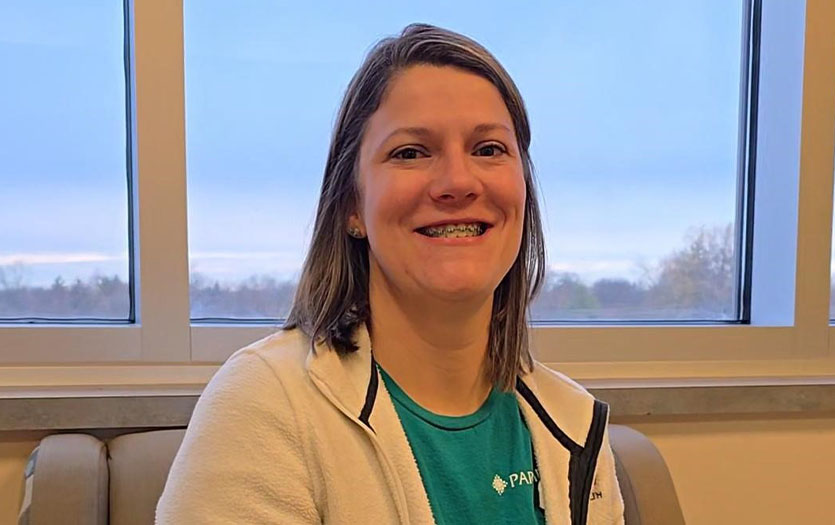Sakshi Kapur, PsyD, post-doctoral psychologist, Parkview Behavioral Health Institute, offers some general guidance for parents navigating behavioral changes and challenges with young children.
When parents notice: social behavior changes
This generation of young children spent some of their formative years at home because of the COVID pandemic, so the peer interaction that kids need to have to form healthy interpersonal relationships, was missing for a period of time. Now they are back in school as normal and we’re seeing increased rates of anxiety, depression and behavioral problems.
Children don’t always have words to communicate what they’re feeling, but they’re good at showing us through play or acting out. Concern arises when there’s a sudden shift in their typical social behavior or academic performance. For example, when parents notice that their typically extroverted child suddenly wants to be alone and avoid their friends, that’s a red flag.
Often, I hear parents say that the children are just learning how to fight with each other and they’ll be okay, which can be true. But also, bullying is a huge issue these days, and it’s relational, and the signs are easy to misinterpret. If you notice a sudden shift in your child’s social behavior, it’s important to explore what’s happening and make sure that they aren’t being bullied at school or outside the home.
When parents notice: inattention
When children struggle with inattention or hyperactivity, parents are quick to attach ADHD to the behavior, which can be the case, but not always. Often, anxiety manifests as inattention. Depression and concentration have an inverse relationship, so if a kid suddenly struggles with concentration, it could be ADHD, but it could also be something else they’re feeling or wrestling with.
When parents notice: discipline and communications challenges
Parenting style is a huge factor in a parent’s relationship with their child. A strictly authoritarian approach centered around power, control and coercion, is based in fear and punishment and less on talking about what’s happening. Instead, an authoritarian approach that gives clear boundaries, parameters and expectations and a lot of warmth can help create a rapport in which your child knows that they are safe and they can come to you with anything. Parents can provide the affirmation that they see their child is not doing okay, that it makes sense that they are feeling what they’re feeling and that they can come up with a solution together.
Parents also have a tendency to project their own experiences onto their kid. But while the same thing might have happened to you, your child is different. Their experiences are unique to them. It’s important to avoid putting your child’s experiences into a box that fits your past, and rather, respect their challenges and emotions.
One other thing worth pointing out when it comes to parent-child communications is that, parents often worry that talking about suicide will make their child suicidal, which is not the case. It’s important that parents model having conversations about mental health and potential self-harm so that their child will say something when it matters most.
A big takeaway
Rely on your gut. You know your child best, and you can recognize changes better than anyone. That being said, it’s also beneficial to have open lines of communication with their teachers, coaches and other adults who have regular interaction with them. If anything is making you uncomfortable or concerned, don’t hesitate to talk to your pediatrician or family doctor about what you’re noticing. And don’t navigate these situations alone. Have a support system of adults you can reach out to and ask for help so that you feel less alone and overwhelmed with problems your child might be facing.
You can learn more about inpatient and outpatient youth mental health services here. For an initial screening, call the Parkview Behavioral Health Institute HelpLine at 260-471-9440 or 800-284-8439, anytime 24 hours a day. Experienced specialists are available to guide you to the appropriate level of care or resources.



